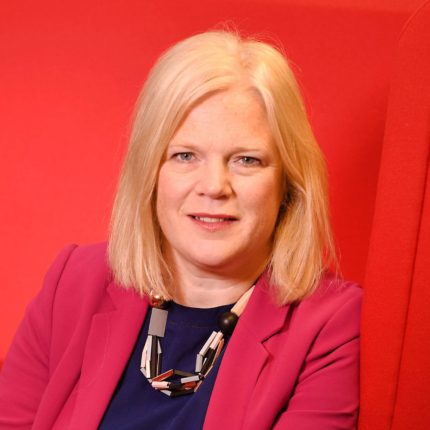Talking about our mental health has never been more important. The challenges everyone has been up against in the past 18 months cannot be underestimated. But for young adults, about to step into higher education, many moving to a new town or city and embark on what is likely to be the biggest change in their lives to date, those challenges are significantly amplified.
The good news from our new report on students’ mental health shows that there has been a sizable increase in the number of applicants who are comfortable disclosing a condition as part of their application – up 450 per cent over the past decade. This equates to about 1 in 25 UK applicants in 2020, and students’ mental health accounts for more than a quarter of all declared impairments and conditions.
While we don’t think this is an increase in mental health diagnoses in ten years, it shows that reassuring messages of the confidential, professional, and supportive ways that the information is shared are having an impact.
However, the societal stigma of disclosing a mental health condition remains far too prevalent.
Our research shows that as many as 49 per cent of students with an existing condition do not share any details about their mental health concerns because they do not understand what selecting that option actually means. We estimate that the number of students starting an undergraduate course in 2020 with a mental health condition is approximately 74,000.
Support on hand
With one in five students saying that they research support specifically for an existing mental health condition before they apply, and a quarter looking at the provision of general mental health and wellbeing services, there is a substantial difference in the number who have anonymously told us through a survey they are looking at support, versus the number of applicants formally declaring.
The benefits of declaring a mental health condition are undeniable – we just need to be better at communicating them. Universities and colleges stand ready to provide professional support with experts on hand to provide help, understanding, and conversations for any students that need it throughout their application journey, and in their years studying. Ultimately, universities and colleges want to create environments where students succeed.
Creating a culture of positive disclosure is what everyone involved in the process should be striving for, and we particularly recognise the critical role that teachers and advisers are already playing.
However, we know that they need more support to do so effectively.
Although the vast majority encourage students who have an existing mental health condition to share this in their UCAS application, many are not confident that they fully understand what support is available to students, nor what happens behind the scenes once the application is submitted. More needs to be done to help those who are supporting students to share their circumstances so they are able to do so with confidence and understanding of the benefits to doing so.
Declaration rates
UCAS analysis is shedding light on understanding who is more or less likely to declare. Men and those from Black and Asian ethnic groups are statistically less likely to declare. The higher prevalence among women to disclose also means that there are higher declaration rates for some subjects, including languages, arts, and veterinary sciences.
Conversely, subjects including engineering, architecture, mathematical sciences, and business studies see fewer disclosures. Medicine and dentistry have the lowest declaration rates and bucks the gender-related trend, though this is possibly influenced by attracting more students from advantaged backgrounds who typically make fewer declarations, and a perceived risk that fitness-to-practise requirements may make students more hesitant to declare.
Mature students, those from more disadvantaged backgrounds, care experienced students, those of Mixed and White ethnicity, and some LGBT+ groups are statistically more likely to declare a mental health condition, meaning those conversations need to continue and we should not assume the message has permeated through forever. Each cohort is different; each student is an individual.
Open the conversation
Students need help throughout their application journey and throughout their studies. Supporting students’ mental health is not about a box being ticked filling in a UCAS application. It is about using that initial, brave indication to start important conversations that can have profound impacts for years to come.
Plus, through UCAS it will soon mean more than just a binary decision. We are continuously reviewing how we collect information about students, not only about their mental and/or physical health conditions but other support needs – recognising that connecting students to the right support for their needs will, in turn, support their mental health and wellbeing more broadly.
By collaborating with sector bodies and expert organisations, we have plans to introduce new fields into the UCAS application that will allow under-represented groups to alert the university or college to their circumstances and make it easier for students to share more information at any point in their application journey, not just when they hit submit. This will transition our relationship with students from transactional to conversational.
With a second Covid-hit cohort about to start their university lives in the autumn, and a third group beginning to complete their applications, the time for talking with students about mental health has never been more crucial to their continued success.
The past decade has seen real progress, and I’m confident we’ll be able to achieve even more in the years ahead to make sure many more young people feel confident to share more in a positive and caring environment and start those important early conversations.












